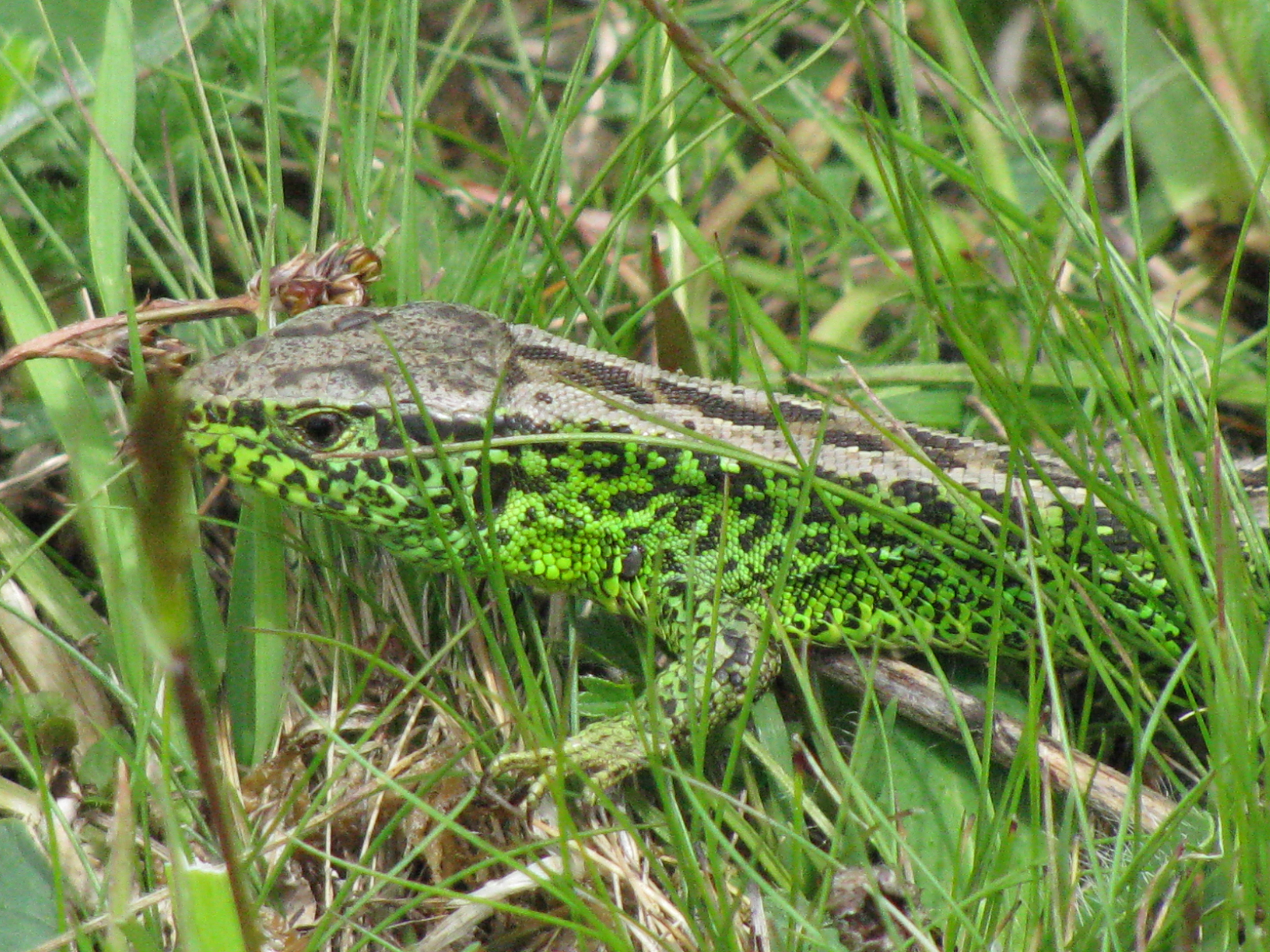This Project is now closed
Support to Environmental Protection and fight against Climate Change in Georgia
| Country | Georgia |
|---|---|
| Sectors | Environment, Governance |
| Language | English, Russian Georgian |
| Status | Tender phase |
| CV Deadline | 2022-01-30 (Closed Project) |
| Background | As a part of the Eastern Partnership’s bilateral agenda, the Government of Georgia (GoG) and the European Union have signed in 2014 the EU-Georgia Association Agreement (AA). The Association Agreement fully entered into force on 1 July 2016. The agreement introduces a preferential trade regime - the Deep and Comprehensive Free Trade Area (DCFTA), and builds a foundation for far-reaching Georgian political and economic integration with the EU. The agreement also includes also meeting the objectives of the UNFCCC (UN Framework on Climate Change and Cooperation) on a range of climate related issues including policy development and implementation, supporting renewable energy, and encouraging energy efficiency and environmental issues. The agreement underlines furthermore the need for cooperation in the process of preparation of technology transfer measures, based on the Low Emission Development Strategy, Nationally Appropriate Mitigation Actions (NAMA) and Technology Needs Assessment (TNA). In accordance with the Paris Agreement, the countries shall elaborate “Mid-century, long-term low greenhouse gas emission development strategy” and submit it to the secretariat of the Convention by 2020. The latter goals are addressed by the current project, emphasising the need for cooperation in the areas of climate change mitigation, climate change adaptation, emissions trading, climate change integration into sectorial policies, and the development of clean technologies to avoid pollution which negatively affects the environment and human health. In the environmental sector, the EU-Georgia AA is an ambitious multi sectoral policy framework that contains binding, rule-based provisions and aims at enhancing good environmental governance and decreasing environmental degradation in the country. The AA covers almost all environmental directions such as implementation of Multilateral Environmental Agreements (MEAs), environmental governance, air quality protection, water quality and water resources management, waste management, nature protection, industrial pollution and industrial hazards, chemicals management, climate action and forestry. |
| Objectives | OBJECTIVE: The overall objective of the project is to assist the Government of Georgia to deepen its integration with the European Union in line with the priorities set out in the Association Agreement (AA) and in the Association Agenda. PURPOSE: The purpose of the project is to support the implementation of the environmental and climate provisions of the EU-Georgia Association Agreement, with a focus on the following sub-purposes.
|
| Activities | Result Area 1: Public Health, Climate Change and Environment are strengthened through reduced Air and Water Pollution
Outcome 3: Nitrate pollution of water bodies is reduced below boundary values: The project will provide support in the implementation of the AA obligations regarding the Directive 91/676/EC14 concerning the protection of waters against pollution caused by nitrates from agricultural sources (identification of polluted waters or waters at risk and designation of nitrate vulnerable zones and establishment of action plans and codes of good agricultural practices for nitrate vulnerable zones.To contribute to the achievement of good ecological status of water bodies, firstly a detailed baseline study is necessary on one of the major pollution sources - nitrate pollution from agriculture - , to identify nitrates polluted waters or waters at risk and define nitrate vulnerable zones. Then, codes of good agricultural practices for nitrate vulnerable zones should be defined and an action plan for good management practices to reduce the nitrate input into watersheds shall be designed. This will support incorporation of “EU nitrogen guidelines” into Georgian legislation. Result Area 2: Synergies between productivity and environmental integrity are created and strengthened Outcome 1: A concept and detailed policies and steps to reach climate neutrality in the construction and the agricultural sector to support NDC implementation is developed. Synergies between productivity enhancement and environmental integrity will be achieved through strengthening the private sector in developing steps towards climate neutrality to fulfil the NDCs.t Outcome 2: Sustainable forest management in the Emerald Network with a focus on fagus habitats is implemented. The 18% of the current forest area, which are managed as Emerald Zones will be expanded through new zones, where particularly fagus habitats will be protected in the East of Georgia. This will also be realised through the division of forests into conservation zones of different purposes Outcome 3: A guiding document on how to support sustainable aquaculture is prepared. Guidelines will be established on Sustainable Aquaculture, which will provide the Ministry with detailed information on allocated zones for aquaculture (AZA) and management plans in the context of the Water Framework Directive and the Marine Strategy Framework Directive, as well as on best practices in various aspects, from the provision of Services to Farmers, such as access to markets, over conflict resolution, sustainability rates of catches etc, as well as a guideline on enhanced transparency on quota and their dissociation from the tax regime. Finally, guidelines for EIAs and SEAs for Aquaculture will be developed. Result Area 3: Awareness raising and support to change behaviour in Climate change and Environmental protection, and reinforcement of analytical capacities in the sector of Environment. Outcome 1: Population more aware about Climate change and the need to protect the environment, and ready to take an active role in this process, through the development of different communication initiatives, which will discuss relevant and actual problems of climate change and environment in an interactive and built in all key sectors. Outcome 2: Capacities on Environmental Economics in all sectors are built Results expected are the development of an effective program in environmental economics, which will address all current needs identified in a baseline study and close relevant knowledge gaps for all relevant sectors, such as carbon, costal vulnerability, pollination, crop production, food security, fisheries and aquacultures, habitat quality and habitat risk, sedimentation and erosion, offshore wind energy, water purification flood risk mitigation, cooling impacts. Through the provision of various trainings and online modules, it is expected, that valuation of ecosystems and ecosystem services will shift environmental damage and losses, which are currently considered as simple and costless externalities, into prices which can be introduced into Cost-Benefit Analyses, Multi-Criteria analyses etc.. |
Project Position 1
| Position | Key Expert 2: Deputy Team-Leader / Expert in Environmental Law with a focus on BAT, IPPS and SEVESO guidelines – Deputy Team Leader |
|---|---|
| Qualification | Education at least Master's Degree in Environmental Policy, Environmental Sciences, Environmental Economics, Environmental Engineering, Environmental Law or equivalent. In the absence of the required academic degree, four (4) years of professional experience on top of the 10 years of professional experience in the Environmental sector under General professional experience |
| Required Experience | General professional experience Minimum of 7 years, but preferably 10 years of professional experience in applying European Legislation on Climate change and Air Pollution. Experience in climate and environmental law of Georgia is considered an asset. Specific professional experience - A minimum of 5 years, preferably 7 years experience in aligning national climate and air pollution legislation with the most recent EU legislation.
|
| Estimated Manpower | 400 |
| Mission Begin | May 2022 |
| Mission End | May 2024 |
| Contact | Eric Evrard |
Project Position 2
| Position | Key Expert 3 : Forestry and Protected Areas |
|---|---|
| Qualification | Education at least Master's Degree in Environmental Policy, Environmental Sciences, Environmental Economics, Environmental Engineering, Environmental Law or equivalent. In the absence of the required academic degree, four (4) years of professional experience on top of the 10 years of professional experience in the Environmental sector under General professional experience below. |
| Required Experience | General Profession Experience: Minimum of 10 years, but preferably 15 years of professional experience in Forest Management and Management of Protected Areas Specific Experience
|
| Estimated Manpower | 280 |
| Mission Begin | May 2022 |
| Mission End | May 2024 |
| Contact | Eric Evrard |
Project Position 3
| Position | Non Key Experts |
|---|---|
| Qualification | Senior: minium 10 years of professional experience Junior: minium 3 years of professional experience |
| Required Experience |
|
| Estimated Manpower | To be defined |
| Mission Begin | May 2022 |
| Mission End | May 2024 |
| Contact | Eric Evrard |

